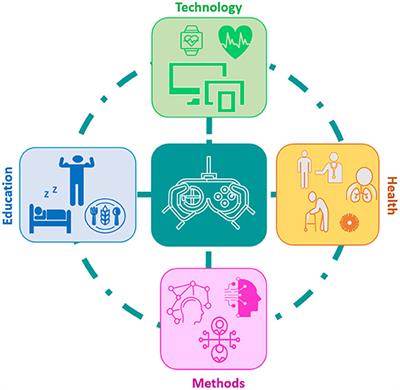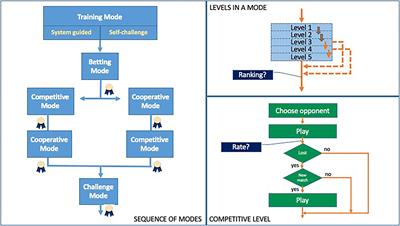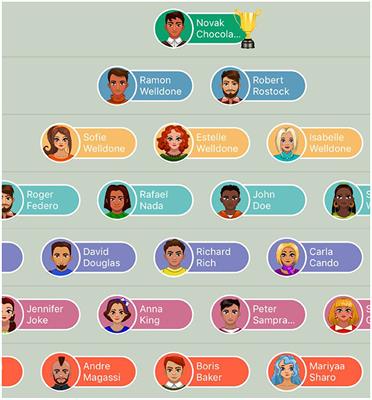EDITORIAL
Published on 21 Dec 2022
Editorial: Human-Computer Interaction Serious Games as behavioral change moderators

doi 10.3389/fpsyg.2022.1115366
- 1,453 views
- 2 citations
7,261
Total downloads
46k
Total views and downloads
EDITORIAL
Published on 21 Dec 2022

ORIGINAL RESEARCH
Published on 18 Oct 2022

ORIGINAL RESEARCH
Published on 08 Jul 2022

ORIGINAL RESEARCH
Published on 24 Jun 2022

ORIGINAL RESEARCH
Published on 20 May 2022

ORIGINAL RESEARCH
Published on 17 Mar 2022

ORIGINAL RESEARCH
Published on 16 Mar 2022

SYSTEMATIC REVIEW
Published on 08 Feb 2022

ORIGINAL RESEARCH
Published on 08 Feb 2022

